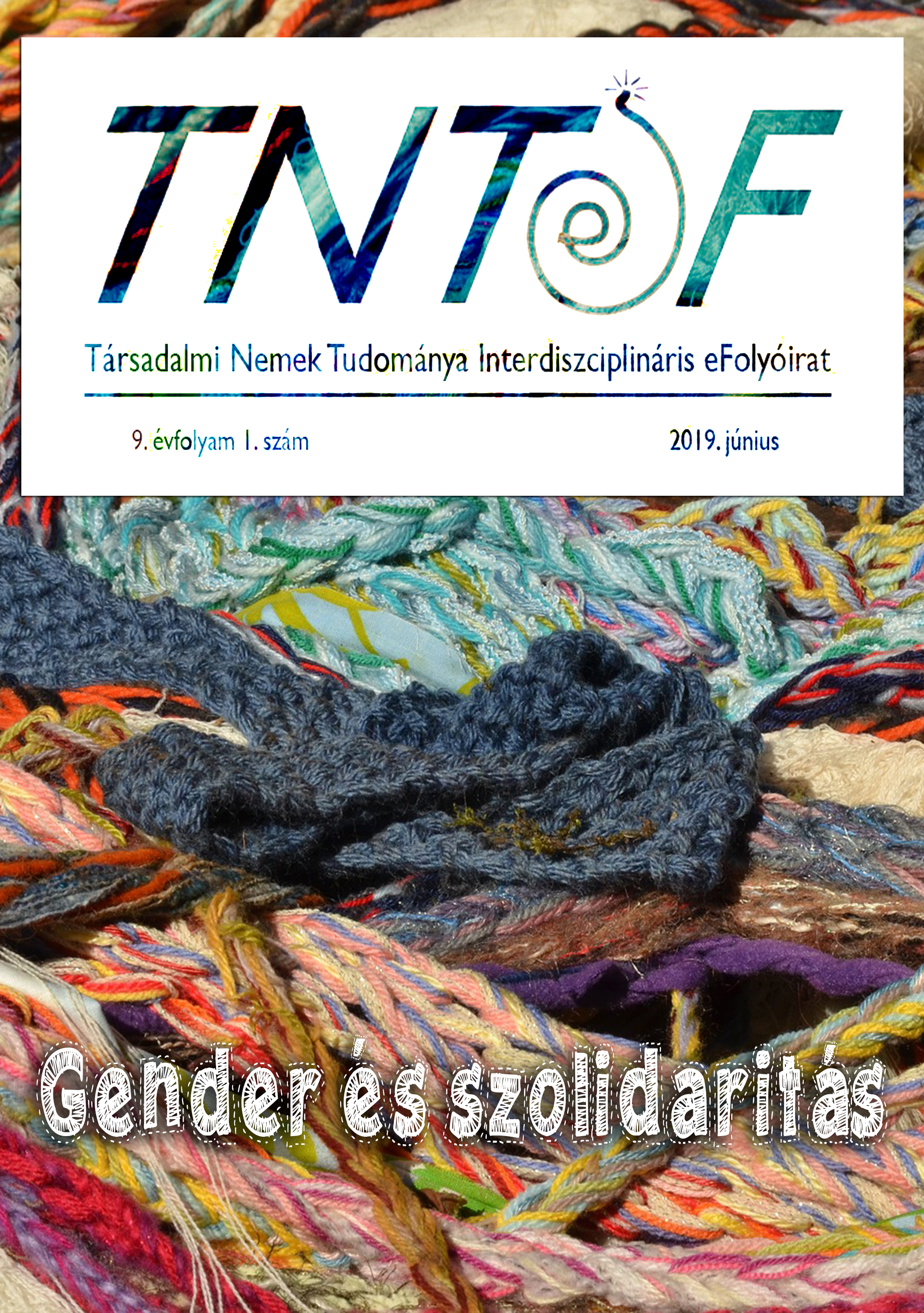Complicity and solidarity: identity constructions in a rape case
Main Article Content
Abstract
This paper explores the construction of masculinities and femininities in discourses about rape, building on Raewyn Connell’s (2000) concept “complicity”, which is one of the possible relations between masculinities in his theory on patriarchy. Complicity strengthens hegemonic masculinity and the gender order, thus it works against solidarity with the victim. According to Bourdieu (2000), women also play a part in the maintenance of patriarchy. During the process of socialization, they internalize the rules that restrict them, so they contribute to the reproduction of their oppression via their habitus. This means it is worth analyzing the comments of both men and women in a rape case. The paper examines the so-called “Kiss László case” (2016), which has been one of the rape cases to get some of the most media attention in the recent years in Hungary. The analysis shows that due to the dual sexual and power character of rape, gender stereotypes influence the assessment, and the construction of masculinities and femininities are of particular importance in the discourse. The paper explores how gender identities are constructed in men and women speakers’ narratives and how rape myths serve the relations within masculinities and affect the patriarchal gender order.

